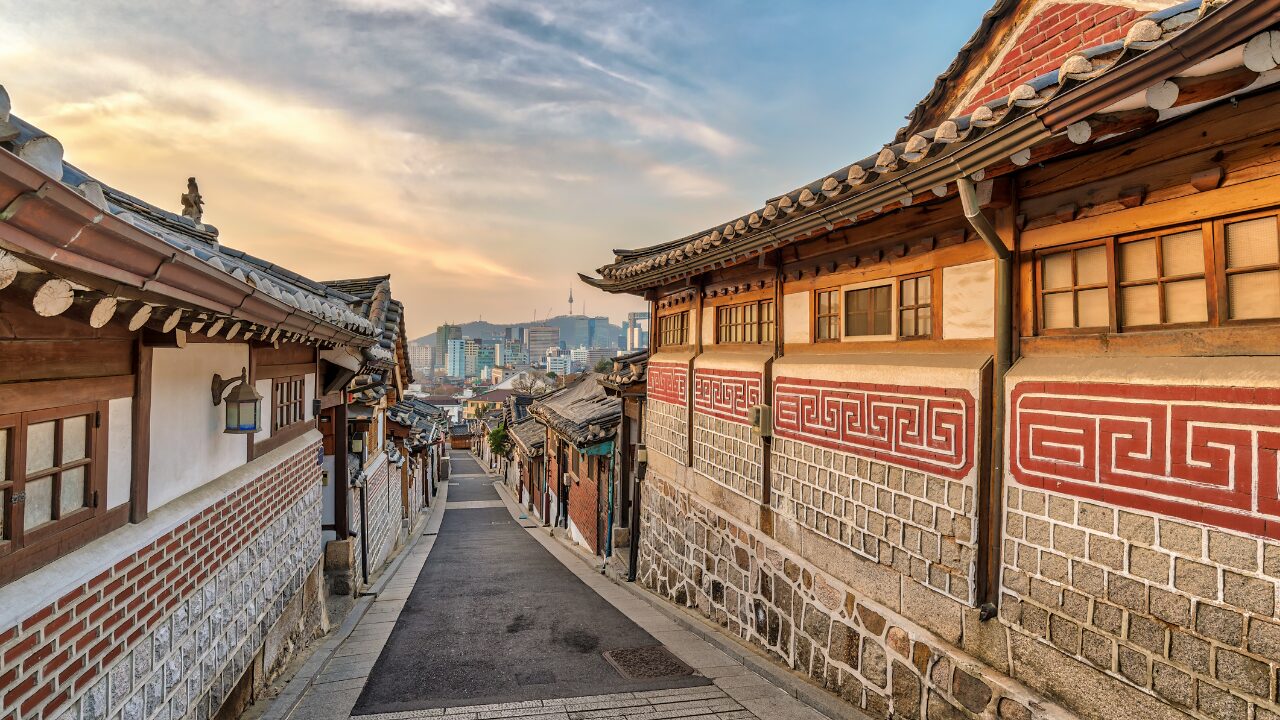Date first published: 09/05/2017
Key sectors: all
Key risks: reform; political gridlock
On 9 May liberal candidate Moon Jae-in emerged victor in South Korea’s presidential election with 41 per cent of the vote – the highest margin of victory in any South Korean presidential election. Moon lost by around a million votes to Park Geun-hye back in 2012, but the exposure of Park’s corruption while residing in the presidential Blue House has brought about a sea change in Korean politics. South Korea is typically conservative, with progressive candidates winning elections just twice in the last 18 presidential elections. Yet Park’s granting of favours to her confidante Choi Soon-sil, who conspired to gain US$52m in bribes from major chaebol, has led to widespread public calls for major reforms particularly to the country’s corporate giants.
There is some irony that Park Geun-hye, as the daughter of Park Chung-hee, the dictator who ignored IMF advice by championing the chaebol that would catalyse South Korea’s economic transformation in the 1960s and 70s, should be the one whose conduct would precipitate widespread public demand for their curtailment. Chaebol reform has been at the foreground of this year’s election, with macroeconomic challenges taking a secondary position.
Popular among Moon’s pledges is his promise to end the current practice of pardoning chaebol bosses convicted of malpractice and corruption. With Samsung CEO Lee Jae-yong and Lotte Group’s Shin Dong-bin indicted in the Park scandal, this promise has particular resonance. Park would also have chaebols restructured so that the complex tangle of holding operations would be more transparent. Some chaebol such as LG, SK and Hyundai Heavy Industries have already made moves to simplify their structures, yet much more needs to be done.
Moon sees chaebol’s bloated power in South Korea’s economy as a root cause of various other economic challenges, and has suggested that chaebol hiring practices are limiting opportunities for younger people (18-29) to find employment. He has also noted that the long working hours they encourage (in excess of 52 a week) is limiting job creation. In a country known for its punishing office culture, these would be radical changes. As part of this, Moon has also pledged to create 810,000 jobs, including 174,000 in the civil service, with quotas set for younger people.
Yet as always with elections, pledges are much easier to make than deliver. South Korea’s political parties tend to be more fluid than in most countries in the region, and so the balance could shift. However, Moon Jae-in’s Democratic Party currently holds just 40 per cent, or 120 seats, in the National Assembly. The conservative Liberal Korea Party, Park’s old party before its rebranding, holds 107 seats, with the remaining seats filled by smaller groups. Therefore, unless he can garner support from the smaller parties, Moon may struggle to pass legislation. The next National Assembly elections are not due until April 2020, a long way into Moon’s term.
Moon’s weak grip on parliament means that there is a strong risk that his will be a lame-duck presidency. However, as the millions who demonstrated in Seoul calling for Park’s resignation in December 2016, there is a substantial popular mandate for chaebol reform. If this public anger remains undiminished, then South Korean politicians will be forced to support this. But without that popular push, it is likely Moon’s agenda will wane.



